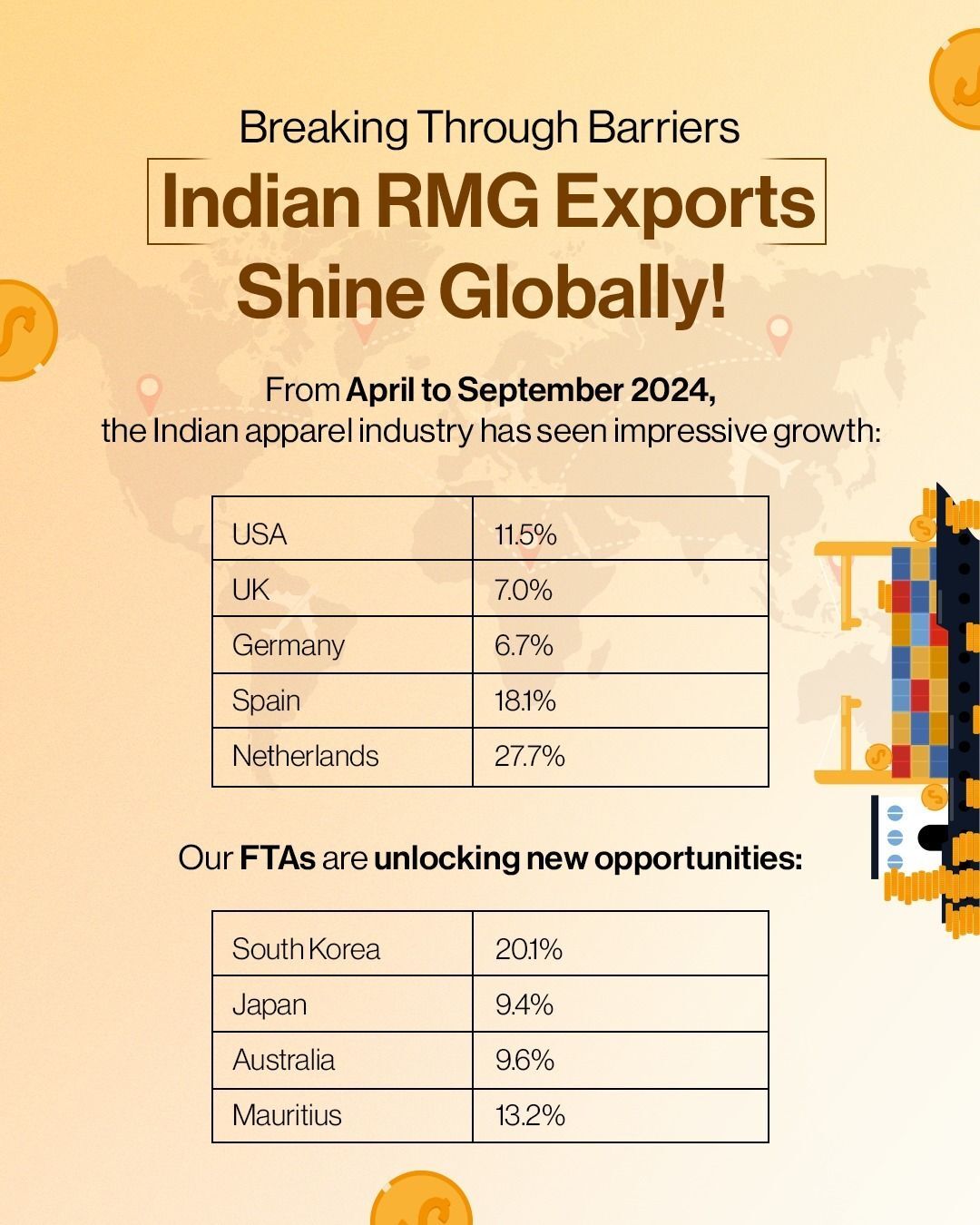Fast fashion retailer Primark has committed to eliminate the use of hazardous chemicals from its supply chain by January 1, 2020. The brand will step up work on supply chain disclosure as well as outlining an APEO, PFC and Phthalates elimination policy. Primark will also ensure supply chain transparency by mandating manufacturing facilities to upload data on hazardous chemical discharges via a publicly accessible platform.
From budget retailers like Primark, to luxury houses like Burberry, brands are committing themselves to sustainable production. Toxic-free clothing is becoming a fashion trend in the industry. In fact, Adidas has done notable work in this direction in areas such as dry-dyeing, designing out waste and supporting up-cycling.
Unlike conventional dyeing methods, which require an average of 100 to 150 liters of water to process a kilogram of fiber, dry-dyeing uses a pressurized form of carbon dioxide in lieu of regular water. Heated up to 31° C and pressurized to 74 bar, carbon dioxide takes on the characteristics of both a liquid and a gas. This allows the substance to penetrate fibers and disperse preloaded dyes without extra chemical agents.
Up-cycling is the process of converting old or discarded materials into something useful and often beautiful.












